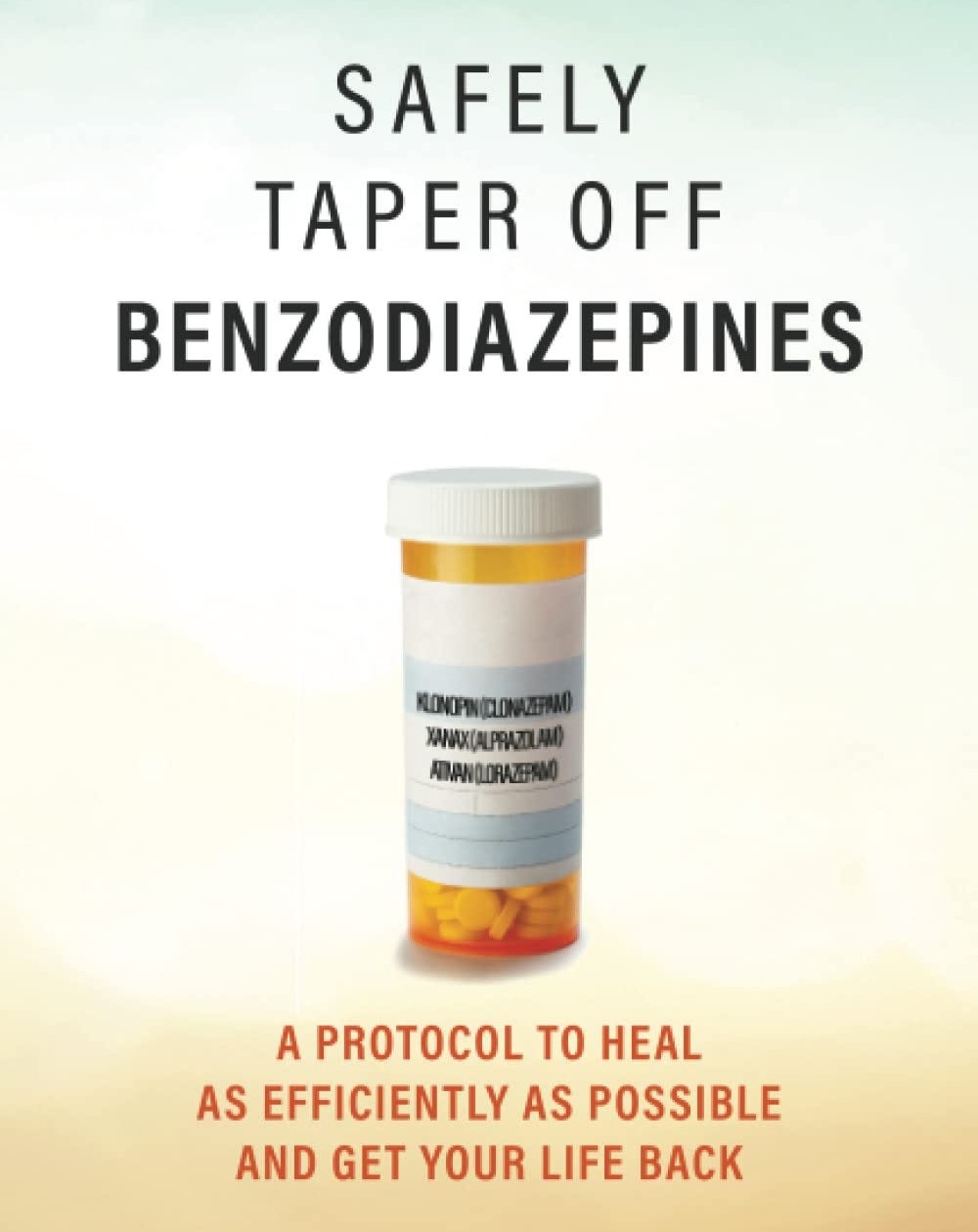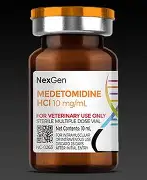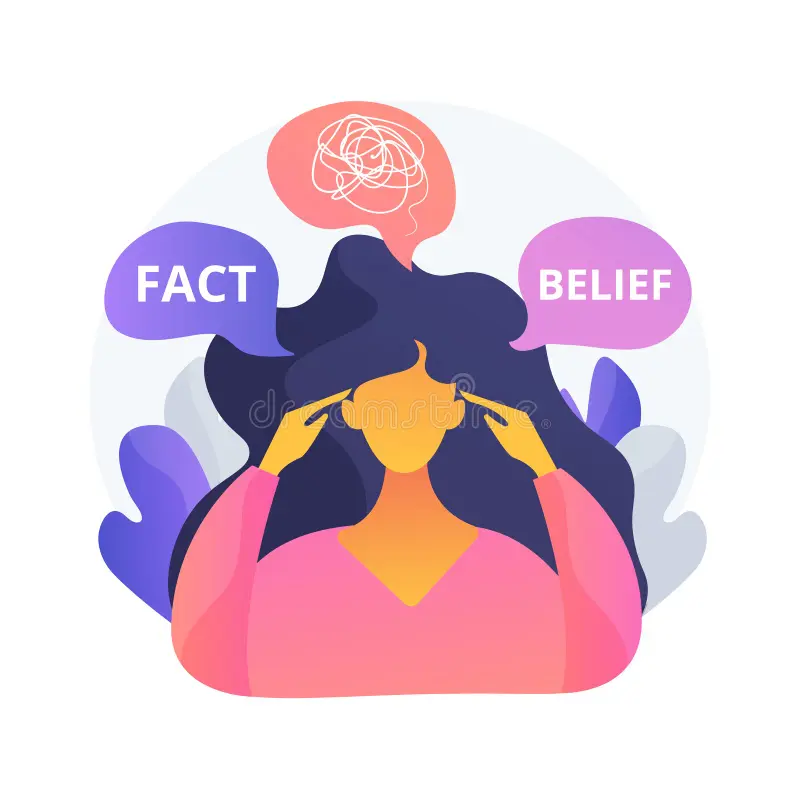Tapering Benzodiazepines
Tapering off benzodiazepines slowly is essential due to the drug’s strong effects on the central nervous system and the serious risks of abrupt withdrawal, including seizures, panic attacks, and rebound anxiety. A gradual reduction allows the brain to readjust safely while minimizing withdrawal symptoms. However, this process is not without its disadvantages—it can be prolonged, … Read more









